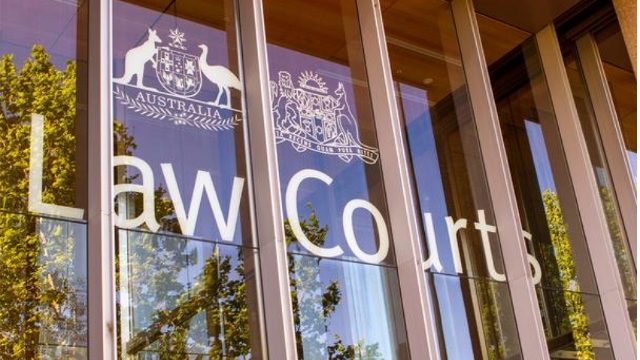A sexual assault case has been put on hold while the NSW Government decides whether to amend legislation that renders evidence about fabricated sexual assault allegations inadmissible.
The case has been halted while NSW Attorney-General Mark Speakman is briefed on the matter.
Admissibility of evidence relating to sexual experience
The legislation in question is section 293 of the Criminal Procedure Act (NSW) (the Act).
The law regulates the nature of evidence that can be adduced in cases where a defendant is charged with a prescribed sexual offence. Prescribed sexual offences are defined in section 3 of the Act; they include:
- Sexual assault (s 61I)
- Assault with intent to have sexual intercourse (s 61K)
- Sexual touching (s 61KC)
Section 293 outlines that evidence which relates to the sexual reputation of a complainant is inadmissible.
It further states that evidence which discloses (or implies) that the complainant has, or may have had, sexual experience or a lack of sexual experience is inadmissible. Evidence relating to previous ‘sexual activities’ is also excluded.
The RB case
The legislation was introduced to ensure that complainants could not be cross-examined about their sexual history. However, there are concerns that the section may have been drafted too broadly, and may lead to “significant unfairness”.
The criticism has come to light following the decision in what is known as the “RB” case. RB, the defendant, was facing sexual assault charges. RB’s defence team had uncovered evidence of 12 occasions where the alleged victim has made fake allegations of sexual abuse. The complainant had previously been charged with (and pleaded guilty to) making a false report to the police.
However, RB was prevented from bringing this evidence before the Court, as the Court ruled that the evidence fell under the section 293 umbrella and was therefore inadmissible.
Key Takeaways
- A NSW sexual assault trial pause prompts a review of legislation restricting evidence on fabricated sexual assault claims.
- Section 293 of the Criminal Procedure Act limits evidence about a complainant's sexual history to protect their dignity but is criticized for potential unfairness to defendants.
- The case spotlighted involves "RB," barred from using evidence of the complainant's history of false sexual abuse allegations.
- The Attorney-General is considering reforms to address concerns about the balance between protecting complainants and ensuring fair trials.
Where to now?
Mr Speakman has announced that the Department of Communities and Justice will have a brief prepared by the end of the month.
Once the brief is prepared, it will be up to Parliament to take action to reform the legislation.
If you need advice or representation for a criminal matter, contact the team at Hamilton Janke Lawyers 24/7 on 4038 1666.
Written By

James Janke
James Janke is founding partner at Hamilton Janke Lawyers, and has more then decade of experience as a Criminal Defence Lawyer. Admitted to both the Supreme Court of New South Wales and High Court of Australia




